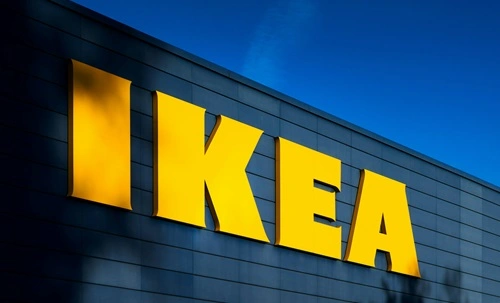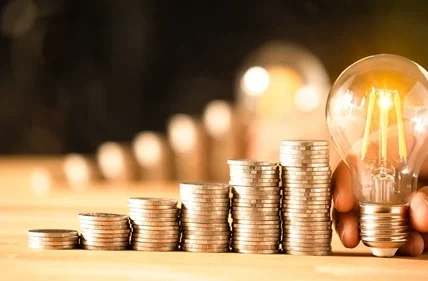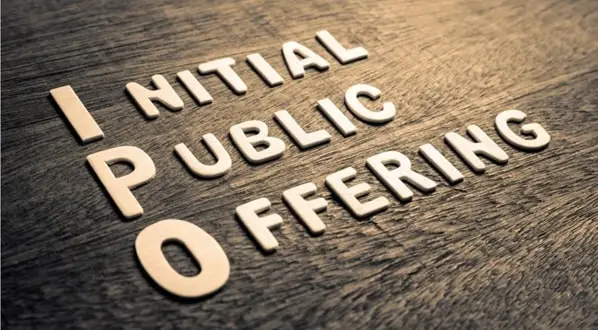Ingka Group, the largest retailer operating IKEA stores globally, has announced a substantial investment of €1 billion (approximately $1.03 billion) into recycling companies. This strategic move aims to enhance waste management processes for discarded IKEA products, aligning with the company’s commitment to sustainability and the principles of a circular economy.
Strategic Allocation of Funds

The investment is structured to address specific areas within the recycling sector:
- New Investments: Approximately €667 million is earmarked for new ventures, with a particular emphasis on textile recycling. This focus is timely, considering the European Union’s forthcoming legislation that will impose fees on retailers for each textile item sold, aiming to fund the sorting and recycling of increasing textile waste.
- Existing Investments: The remaining funds will bolster existing partnerships, including those with mattress recycling firm RetourMatras and plastics recycler Morssinkhof Rymoplast. These collaborations have been instrumental in managing waste from IKEA products and will benefit from further financial support to scale operations.
Addressing Recycling Capacity and Carbon Footprint
Lukas Visser, Investment Director at Ingka Investments, highlighted the dual challenges of high carbon footprints associated with materials and the current shortage of recycling capacities. He stated, “The high carbon footprint for most of these materials, plus the capacity shortage for recycling, has motivated us to invest in these categories.” By channeling funds into recycling infrastructure, IKEA aims to mitigate environmental impacts and promote sustainable resource utilization.
Ambitious Sustainability Goals
Ingka Group has set a target to recycle as many products as IKEA sells by 2030. This ambitious goal underscores the company’s dedication to sustainability and its proactive approach to environmental stewardship. Peter van der Poel, Managing Director of Ingka Investments, emphasized the necessity of scaling recycling efforts, stating, “We feel it is so needed to create scale and volume, not only for IKEA’s … .”
Exploring Wood Recycling
In addition to textiles and plastics, Ingka is exploring investments in wood recycling. Given that wood is a fundamental material in many IKEA products, enhancing wood recycling processes aligns with the company’s circular economy objectives and reduces reliance on virgin materials.
Alignment with European Union Legislation
The European Union’s proposed Extended Producer Responsibility legislation aims to level the playing field between recycled and virgin materials, which are … . By investing in recycling infrastructure, IKEA positions itself ahead of regulatory changes, ensuring compliance and demonstrating corporate responsibility. Van der Poel noted that such legislation could encourage companies to favor recycling over incineration, further promoting sustainable practices.
IKEA’s Broader Sustainability Initiatives
This investment is part of IKEA’s broader sustainability strategy, which includes:
- Circular Product Design: Developing products that are easier to reuse, refurbish, remanufacture, and eventually recycle.
- Renewable Energy Investments: Investing in renewable energy sources to power operations and reduce carbon emissions.
- Sustainable Material Sourcing: Committing to using only renewable or recycled materials in products by 2030.
Conclusion
IKEA’s €1 billion investment in recycling companies reflects a significant commitment to sustainability and the circular economy. By proactively enhancing recycling capacities and aligning with forthcoming legislative requirements, IKEA not only addresses environmental challenges but also sets a precedent for corporate responsibility in the retail sector. This initiative is poised to contribute substantially to global recycling efforts, promoting a more sustainable future.














